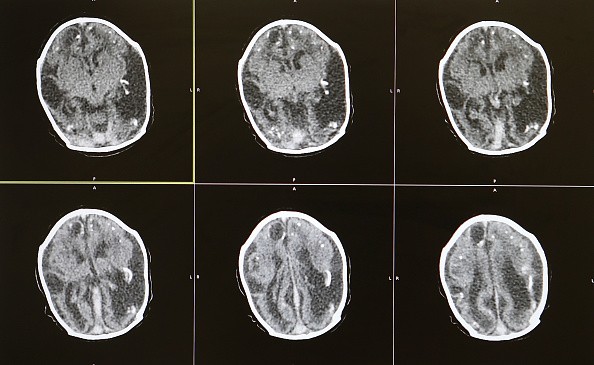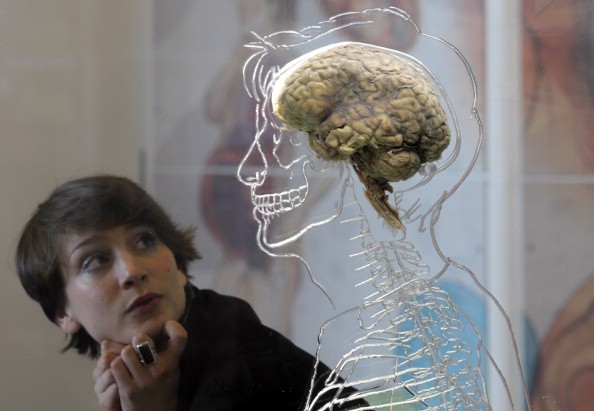A new dementia study revealed why brain scans are important, even if the disease is incurable.

Various statistics claim that people with Alzheimer's and other dementia diseases estimated to be around 6 million back in 2022.
Health experts predicted that this number could reach over 9 million by 2030. Since dementia is not curable, many individuals prefer not knowing if they have it.
But, a new study claimed that getting a brain scan can still help lower the risk of dementia.
New Dementia Study Reveals Why Brain Scan is a Must
According to The South China Morning Post, dementia can be spotted up to nine years before symptoms appear.

Also Read : Experimental Gene Therapy Changes the Life of Polish Schoolgirl With Unusual Brain Condition
The new study also claims that the incurable disease can be detected before it manifests.
"We have always suspected this might be the case ... [In people with genetic types of dementia] you can pick up subtle signs on brain scans years before a formal diagnosis," explained lead researcher Timothy Rittman, a neurologist at Cambridge University.
Rittman added that although it is impossible to prevent or cure dementia, there's a chance that its risk of development can be reduced.
The neurologist further explained that this could be done by setting good patterns early in life. These include building your brain's resilience.
Rittman provided some habits that people can practice, such as staying engaged socially and mentally active.
Habits That You Need to Practice
NHS UK provided some of the health practices that people should use if they want to reduce the chance of developing dementia.
- These include the following:
- Avoid smoking.
- Limiting alcohol consumption.
- Do moderate-intensity aerobic activities each week. These include cycling, brisk walking, or dancing.
- Make sure that you have a balanced diet.
These are just some of the things that can help you reduce the risk of having dementia. You can click this link to learn more details.
Other stories we recently wrote about dementia:
Previously, dementia research discovered the types of food that can increase dementia's development.
We also reported that a new Alzheimer's Disease drug was approved by the U.S. FDA.
For more news updates about dementia and other incurable diseases, keep your tabs open here at TechTimes.
Related Article : Neuroscientists Develop a Biomarker Test That Can Detect Alzheimer's Neurodegeneration in Blood Faster





